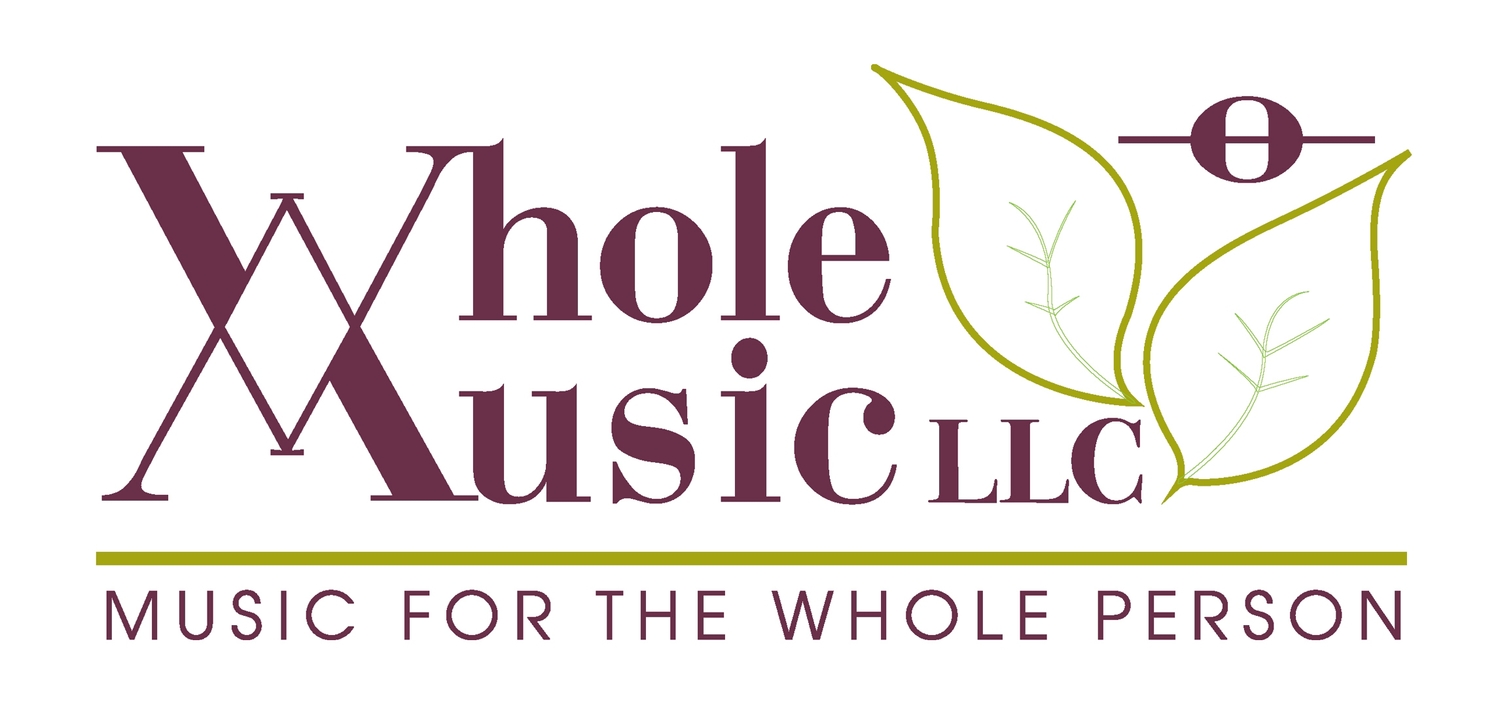Music = Therapy
Music = Therapy
How science is finally proving what we already knew.
“Musick has Charms to sooth a savage Breast,
To soften Rocks, or bend a knotted Oak.
I've read, that things inanimate have mov'd,
And, as with living Souls, have been inform'd,
By Magick Numbers and persuasive Sound.”
William Congreve, in The Mourning Bride, 1697.
This oft misquoted verse (it’s “breast”, not “beast”) speaks to the timelessness of music’s power to change us. While known since at least the time of the writings of Aristotle, the transformative property of music is increasingly used in exciting new ways to aid our understanding of how the brain works, healing a multitude of medical disorders, promoting productivity and peacefulness for the general population, and much more.
Power of Music by Louis Gallait. A brother and sister resting before an old tomb. The brother is attempting to comfort his sibling by playing the violin, and she has fallen into a deep sleep, "oblivious of all grief, mental and physical."
Music therapy is a relatively new field, the first such program being established at Michigan State University in 1944. Seems like a ‘no brainer’, right? (You’ll pardon the expression…) But only now with new technologies like the PET scan (Positron Emission Tomography), which allows us to view the living working brain; science can actually quantify the therapeutic value of music.
Many styles of music therapy have emerged since it became an established therapeutic discipline, including Nordoff-Robbins’ Creative Music Therapy, Neurologic Music Therapy, Guided Imagery in Music, and much more; treating everything from stroke rehabilitation, Parkinson’s, dementia, autism spectrum disorders, depression, anxiety, ADD, and schizophrenia.
Most interesting for me however, is the framework of Music-Centered Music Therapy, which is based on the intrinsic healing power of music. Clinical goals are achieved as a consequence of patients being immersed in a state of musical flow: An autistic child puts emotional meaning to a word by the addition of tonality to that word, or a stroke victim can vocalize words despite related neurological losses.
I found the music-centered approach so compelling because it means that you don’t have to be a patient or a therapist to get the goods. Music itself is the therapy. The mere act of strumming a few chords on the guitar, or singing has very concrete and demonstrable physical benefits, and far-reaching applications
For example, the U.S. Department of Homeland Security’s Science and Technology Directorate has begun a study of music’s effects on first responders including federal agents, firefighters, and police, as part of its Readiness Optimization Program (ROP). This study uses music composed using the actual brainwaves of subjects during relaxation, and readiness states, then playing this music back to them as part of a general wellness program, resulting in better job performance. The results in improved sleep and relaxation, as well as alertness on the job have been clinically demonstrated.
More and more, science confirms what we already knew: Music is essential to our well-being, and is a need as vital to us as exercise, nutrition, and the pursuit of knowledge. It gives hope that music will take its proper place in our institutions, which all too often have sidelined it as a superfluous elective.
Join the discussion! Share how you and your family use music and what it means to you. We’d love to hear from you
For more great stuff, visit our website where you can find links to articles, useful resources, sheet music, videos, and much more.





